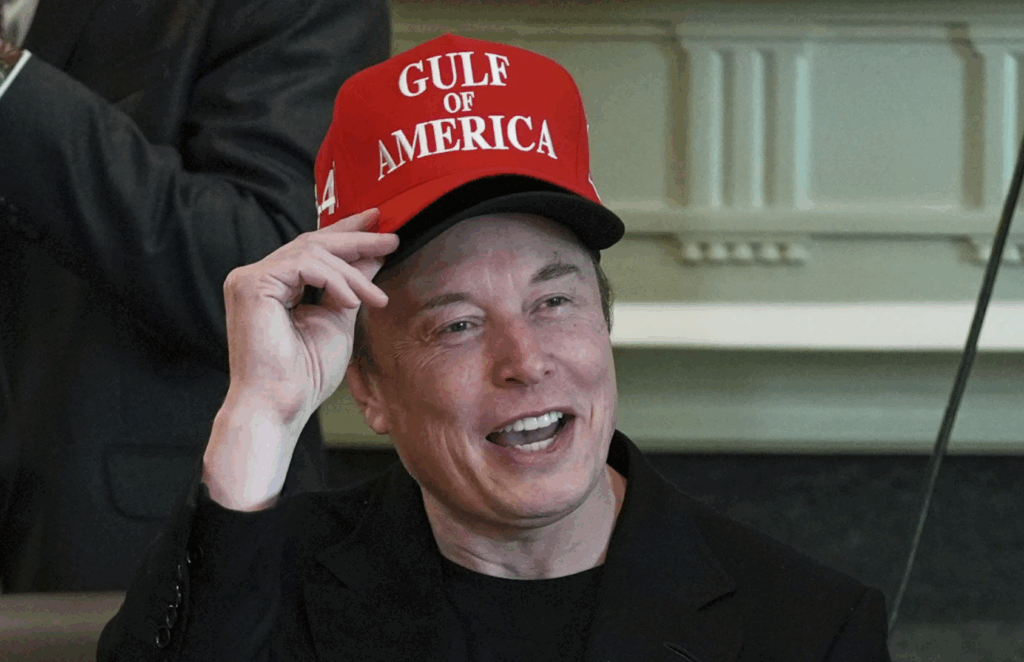WASHINGTON (Realist English). Elon Musk has announced the end of his tenure as a special government official under President Donald Trump, formally stepping down as head of the Department of Government Efficiency (DOGE) — a post he has held since January.
“Now that my term as a special government employee is coming to an end, I’d like to thank President Donald Trump for the opportunity to help reduce wasteful spending,” Musk wrote on his social platform, X. He added that the DOGE mission would “only grow stronger over time, becoming a way of life across all levels of government.”
The resignation comes shortly after Musk expressed disappointment with Trump’s new “big and beautiful” tax and budget bill, which he criticized in an interview with CBS as undermining fiscal discipline and likely increasing the federal deficit. Musk had earlier warned that the bill could compromise his efforts to streamline government operations.
Appointed as a special government employee — a designation allowing up to 130 days of federal service per year — Musk’s term would have expired in late May, based on the start of Trump’s second term on January 20.
According to Reuters, Musk did not have a formal conversation with President Trump before announcing his departure. However, sources familiar with the matter said the decision was made “at the highest level.”
In April, Musk had indicated that he planned to scale back his government role, devoting only one to two days per week to DOGE while refocusing on his private ventures, including Tesla, SpaceX, and X.
Musk’s departure may signal deeper tensions within Trump’s second-term economic team, particularly between budget hawks and advocates of aggressive tax cuts. While DOGE was widely viewed as a symbolic initiative, it reflected broader questions about the limits of private-sector influence in government reform. Musk’s exit could reignite debate about the direction of U.S. fiscal policy — and who gets to shape it.
